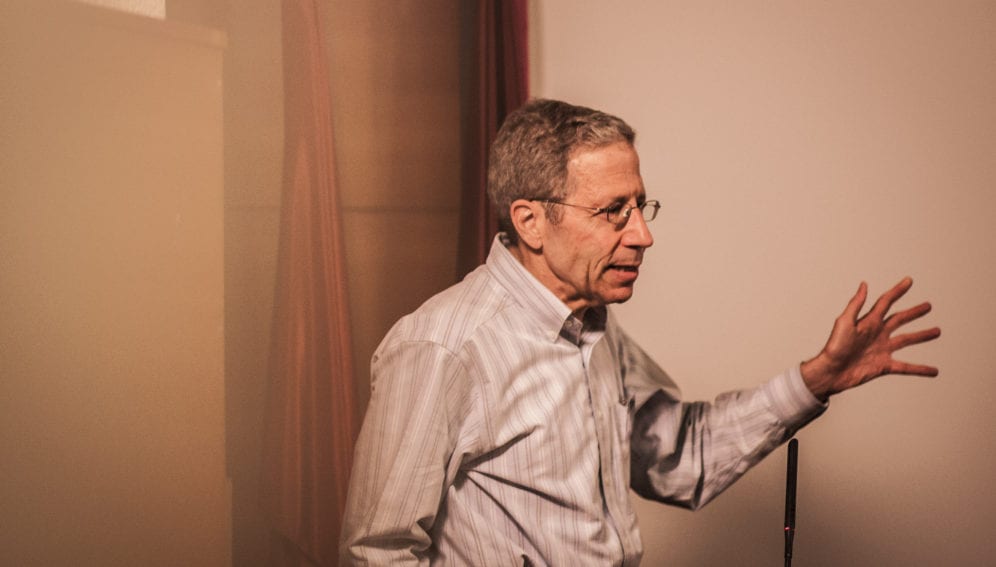By: Aamna Mohdin
Send to a friend
The details you provide on this page will not be used to send unsolicited email, and will not be sold to a 3rd party. See privacy policy.
As globalisation is failing to reduce income inequality, governments should focus on educating low-skilled workers to ensure a fairer distribution of income, according to a Nobel Laureate.
Speaking at the 5th Lindau Meeting on Economic Sciences last week (21 August) in Germany, Eric Maskin of Harvard University in the United States, said that despite more globalisation of international trade, income inequality in emerging economies did not fall as predicted by economic theory.
Maskin, who won the Nobel Prize for Economics in 2007, says that as globalisation brings down the barriers to international production, moderately skilled workers in emerging economies get new employment opportunities and unskilled workers do not. It is this disparity that accounts for rising inequality in many developing countries.
“There are at least three reasons why inequality matters,” Maskin tells SciDev.Net. “First, it violates the principle that, as human beings, we should be treated equally. Second, especially in developing countries, fighting inequality is often the same thing as fighting poverty. Third, there is much evidence that a country’s social and economic stability are jeopardised when inequality rises.”
“Rather than trying to stop globalisation, it would be better to work towards distributing the gains of globalisation more fairly.”
Eric Maskin
Maskin says that many promises have been made on the behalf of globalisation. For example, the theory of comparative advantage predicts that, once trade with other countries is opened up, a country with an abundance of unskilled labour — such as a developing country — can specialise in producing goods using that labour. This increases the demand for unskilled labour, bringing down wage inequality between unskilled and skilled groups.
Yet he states that “in the most recent globalisation, inequality has actually increased in many developing countries — contrary what comparative advantage predicts”.
Maskin presents an alternative theory, suggesting that while average income has risen as a result of globalisation, so has inequality. As a result of rising international demand, higher skilled workers have experienced a wage rise, but the opposite has happened to lower skilled workers.
Maskin says China and India are striking examples of developing countries where inequality has increased due to globalisation.
“Rather than trying to stop globalisation, it would be better to work towards distributing the gains of globalisation more fairly,” says Maskin.
He suggests that the solution is education.
“This is not going to happen automatically,” he says. “Workers themselves probably can’t afford to pay for training, and employers have insufficient incentive to do so — since then they would have to pay the workers more. So, in the end, governments will probably have to bear a significant fraction of the cost.”
But Gavin Chait, a South African-based risk analyst and strategist with consulting firm Whythawk, remains unconvinced.
He tells SciDev.Net that comparative advantage cannot be discussed without taking into account local laws such as those that replace imports with locally produced goods, or add tariffs to imports.
According to Chait, these often have nothing to do with economic theory. In India, for example, protectionist policies such as trade tariffs and export restrictions are well known obstacles to economic growth, he says.
“Globalisation accounts for much of global economic growth but is a tiny fraction of real economies. Real inequality is … a problem of local economic conditions,” says Chait.
> Link to a film of Eric Maskin’s Lindau presentation














